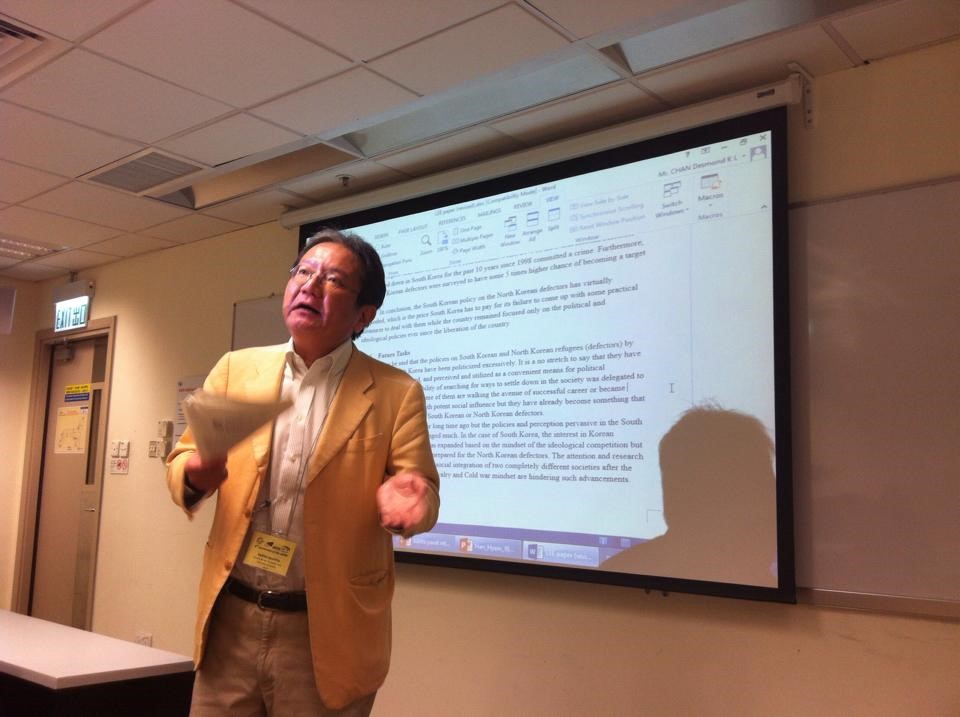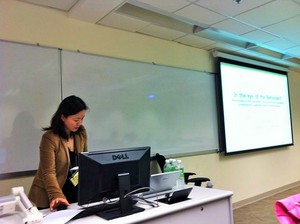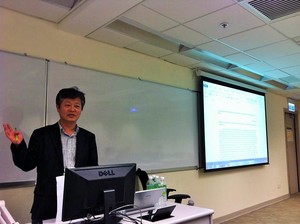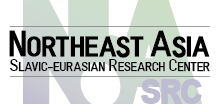 Asian Borderlands Research Network Conference @ Hong Kong (December 8-11, 2014)
Asian Borderlands Research Network Conference @ Hong Kong (December 8-11, 2014)
Our UBRJ team including Naomi Chi and Akihiro Iwashita participated in the Asian Borderlands Research Network (ABRN) conference in Hong Kong on December 8-11 2014. We presented a panel titled, "Colonialism and the Cold War: Border-Crossing and Mobility in the Korean Peninsula," and invited two distinguishing scholars from Korea to join our panel, including Hyein Han and Sincheol Lee from Sunkyunkwan University.
The practices, discourses and experiences of migration and diasporas, or the border-crossing and mobility of people, are an integral part of the history of modern Korea. Moreover, such experiences are connected to global orders of modernity, colonialism, the Cold War, and globalization. The panel will attempt to explore Korean migration and diaspora from a trans-disciplinary perspective, with a focus on case studies of Korean diasporas in Japan and the Koreas and in so doing go beyond the meta-narrative of colonialism and the Cold War.
The first paper presented by Naomi Chi was on the Zainichi Koreans. In particular, the paper examined their historical background, current status and process of othering and exclusion that they experience. Though they are assimilated they still remain structurally foreign and are marginalized, however, they have developed ways to make their voices heard and participate actively in Japanese society.
The second paper presented by Hyein Han explored the border between colony and imperial subjects. In particular, this paper focused on the relation between the comfort women and the Korean military officers and agents. The conflicting views of the Korean officers perceiving the comfort women as "military commodity" and at the same time "of the same ethnicity" reflect their unstable status as being on the border, that is to say, becoming fully acculturated as main actors in a system transplanted in their country (Korea) by the colonial state.
The third and final paper presented by Sincheol Lee examined the recent policies toward and current status of North Korean defectors in South Korea. In so doing, the paper considered how borders of ideology, national boundary and ethnicity operate and explore possibilities and measures to transcend such borders.
One of the objectives of the panel was to move away from the emphasis on the victimization of Koreans which often reproduce a strong nationalistic understanding of "Koreaness" but also consider the possibilities to approach in-between spaces of nation-states and ideologies, as well as the empowerment of social movements. (Written by Naomi CHI)



 Eurasia Unit for Border Research (Japan)
Eurasia Unit for Border Research (Japan)




